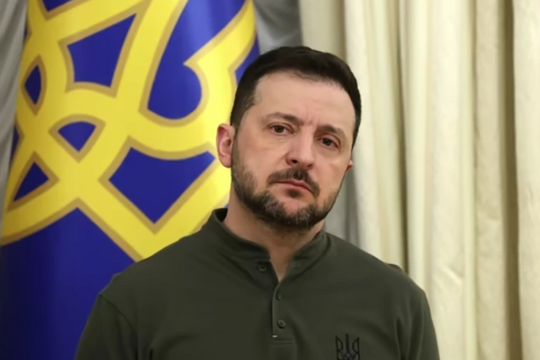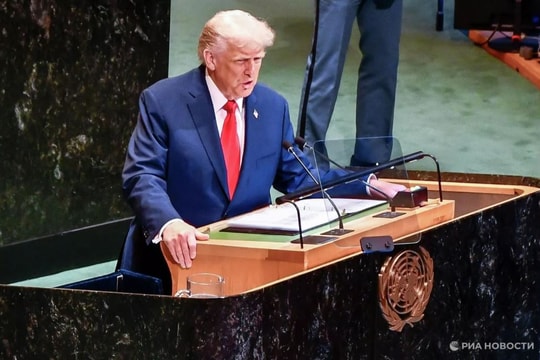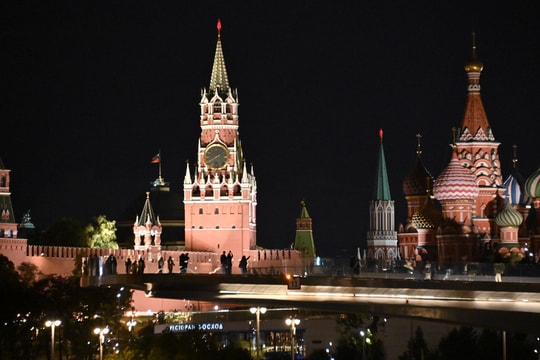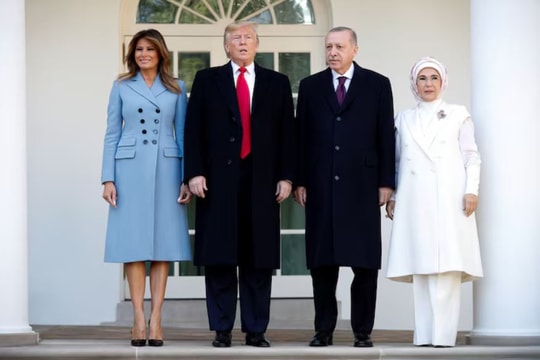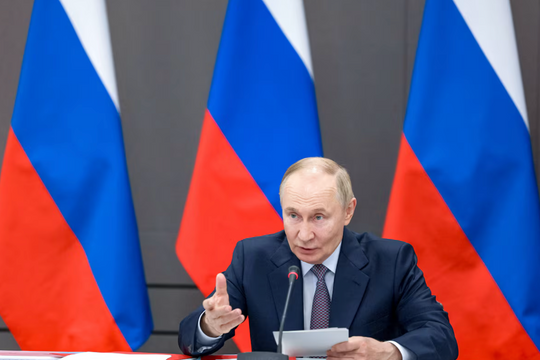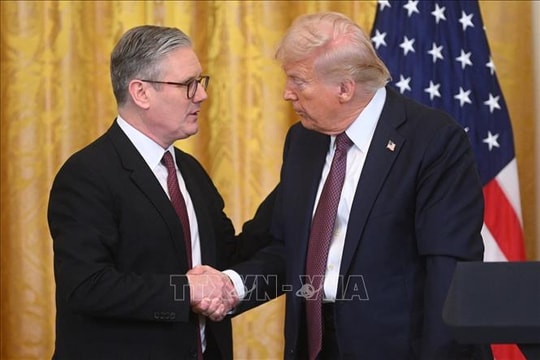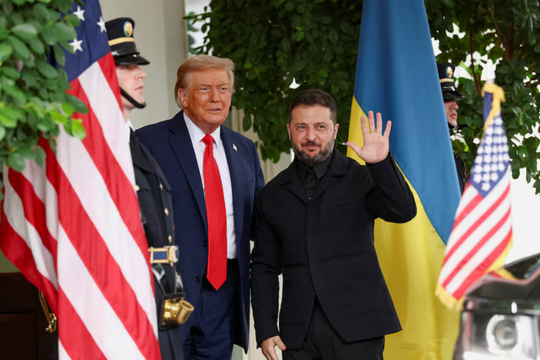US-Israel Relations: When Allies Turn Their Backs
(Baonghean) - For the first time since 1979, the US abstained from voting, paving the way for the United Nations Security Council (UN) to pass a resolution opposing Israel's illegal settlements in the occupied territories of Palestine.
Turn back at the last minute
This means that the US agrees with the Security Council member countries in condemning Israel and putting the country under international sanctions. US Ambassador to the UN Samantha Power explained that the US abstained from the vote due to concerns that the expansion of Israeli settlements on the border threatens the two-state solution towards the goal of peace in the region.
In fact, this is also the message that President Obama wants to send to Israeli Prime Minister Netanyahu. Although he will leave office early next year, he has created conditions for the international community to have a basis to deal with Israel's illegal settlements. This is just the "last straw" when ally Israel is no longer completely in the arms of the US as before.
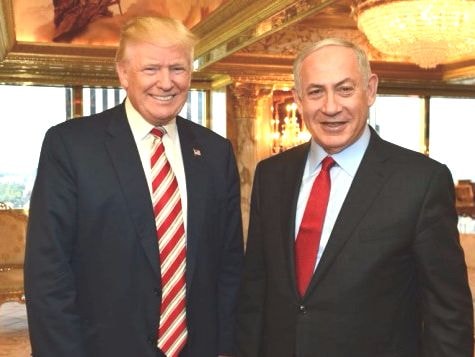 |
| Israeli Prime Minister Benjamin Netanyahu (right) and US President-elect Donald Trump meet at Trump Tower in New York on September 25, 2016. (Source: Times Of Israel) |
Under President Obama, there have been many conflicts and disagreements between the two once-close allies. In particular, after the historic nuclear deal with Iran reached last year, US-Israel relations began to decline. Barack Obama, who wanted to leave many marks on the Iran nuclear file and Middle East peace, certainly made the Israeli leader extremely frustrated. In response, in total, over the past 10 years, about 15,000 houses have been built in the West Bank under Prime Minister Benjamin Netanyahu. Last month, Israel resumed plans to build 500 settlement houses in al-Quds in Jerusalem. With this development, the recent US abstention was also a "must-do" according to analysts.
Israel looks forward to welcoming Trump
Israeli Prime Minister Benjamin Netanyahu immediately announced that he would "overcome" this resolution and, at the same time, review and re-evaluate relations with the UN. According to observers, Prime Minister Netanyahu was frustrated but not disappointed with the sad ending with the Obama administration. Because Israel is very confident in the warmth in the relationship with the new US leader, Mr. Trump. The US President-elect called on the US Government to veto, even called to pressure the President of Egypt - the country that drafted the resolution. When the resolution was passed, Mr. Trump did not hesitate to express his attitude on Twitter: "At the UN, things will be different after January 20", this is the time he officially took office.
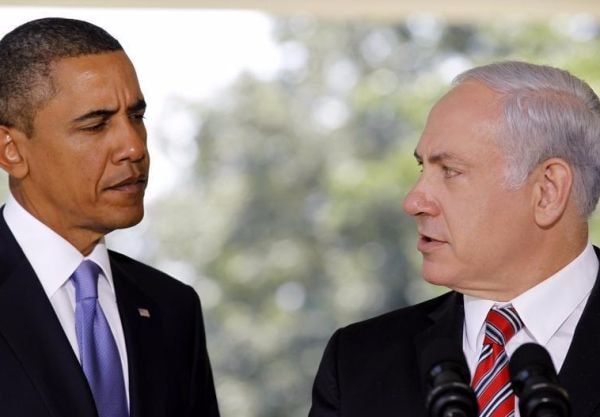 |
| US-Israel relations have faced many difficulties under President Barack Obama. (Source: Jerusalem Post) |
Mr. Trump also appointed Mr. David Freidman, an advisor in his election campaign who supports the expansion of Jewish settlements in the West Bank, as the US Ambassador to Israel. Mr. Trump also promised to move the US Embassy in Israel to Jerusalem, despite experts saying that if this happened, it would only "destroy the Middle East peace process" when the US and most UN member countries do not recognize Jerusalem as the capital of Israel. Unlike the Obama administration, Mr. Trump has recently shown that he has a tough stance on Iran. This is very "in line" with Israel.
President-elect Donald Trump also has a very good relationship with the Jewish people. In 1983, the American Jewish organization awarded Mr. Trump an achievement award for his contributions to building and improving relations between the US and Israel; at the same time, he also has a very close friendship with Mr. Netanyahu.
There are also many Jewish figures around Mr. Trump, typically his son-in-law Jared Kushner or his daughter Ivanka who also converted when she got married. A series of lawyers, advisors, billionaires, and campaigners close to Mr. Trump are also Jewish.
However, on the extremely complex geopolitical chessboard of the Middle East, the US needs Israel but cannot immediately turn its back on Iran or the regional and world community. In addition to Israel, the US also has many other strategic interests here and achieving progress in Middle East peace is one of them.
In his latest statement, Mr. Trump said that although the Middle East peace process will be difficult, the US will continue to do everything possible to promote this deadlocked process. Therefore, the future of US-Israel relations under President Donald Trump is predictable, but how warm it will be and what the future of the Israel-Palestine dossier will be, are still questions that need time.
Khang Duy
| RELATED NEWS |
|---|

